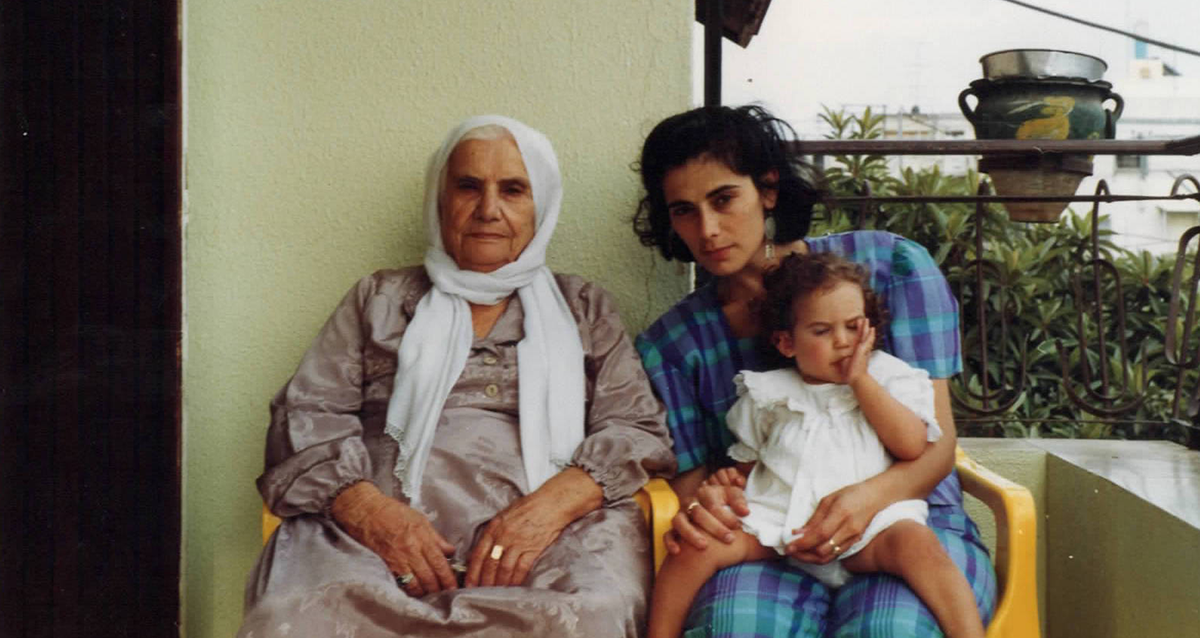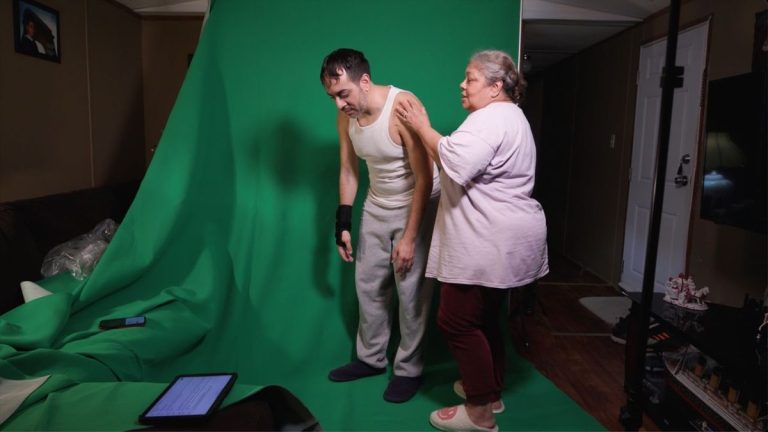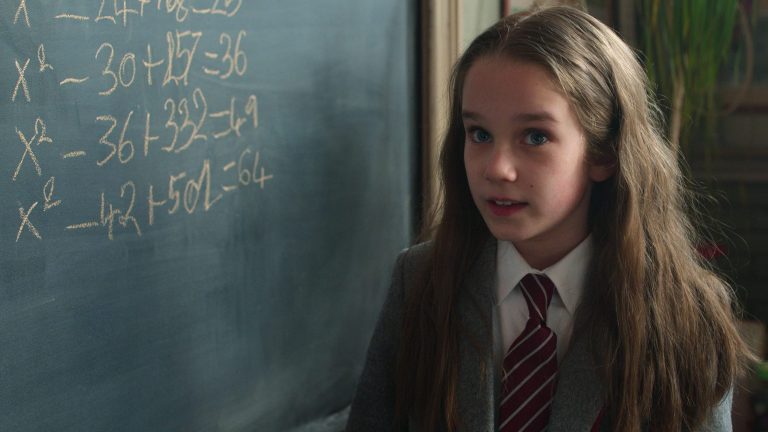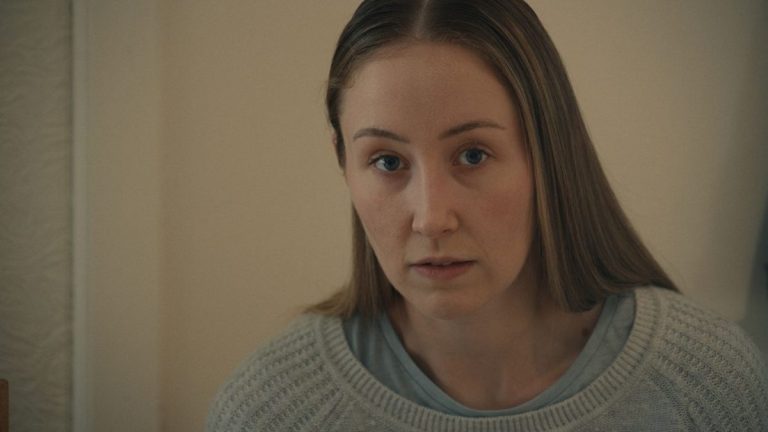In Bye Bye Tiberias, Palestine’s official entry for the Oscars, director Lina Soualem is principally interested in memories, guilt, and the many regrets incurred in journeys, migrations, and expulsions. As much as there is an anguished acknowledgment of the struggles women have forged across generations in Soualem’s family, there is great reverence and admiration for their fortitude and resilience. Soualem honors the women who preceded her, their spirit of starting anew in new, unfamiliar places, as well as giving space to her mother, the celebrated actress Hiam Abbas, seeking an apology from her own mother, Nemat, and those whom she feels she has failed.
The film wades into the maelstrom of history, particularly locating women’s narratives that aren’t allowed to register with as much force and credence as their accompanying men who were effectively displaced. Frequently interposing archival footage and home videos, Soualem offers a vast peek into her ancestral past, sweeping over decades to how her great-grandmother, Um Ali, and her husband had been driven out of Tiberias. Being among the mass exodus of Arabs who had to evacuate the city, her great-grandfather could never recover from the grief of uprooting, leaving Um Ali to support herself as a seamstress.
She also had several daughters she raised on her own, and Soualem recounts this with a natural pride. There’s also Nemat, who strived to educate herself in the face of severe odds, getting into a school that only took in the best female Palestinian kids. Although that didn’t survive, Nemat’s passion for learning ensured she became a school teacher, an epitome of enduring. Hiam clashed with her when she expressed her desire for a life that didn’t fit in with her mother’s, her acting aspiration and choice of first husband points of contention that sparked her decision to move away from her village of Deir Hanna.

Soualem was born in Paris. It was she, as a kid, who somewhat made possible a reconciliation between Hiam and Nemat. Soualem stages re-enactments of certain critical moments from Hiam’s life, especially from the phase when she announced her desire with her family, none of whom were keen or encouraging. It was only when a local professor whom her father trusted acted as a mediator did he tone down his vociferousness against her decision. However, as Hiam notes, at that moment, her father had ears only for the professor, unwilling to engage with her anymore.
The film derives most of its emotional power from Hiam’s memories of her mother and moments shared with her sisters. Soaulem refrains from exploring her own baggage and association with the Palestinian village where she would spend her summers as a child. There is a pronounced awareness of the need to remember, revitalize, and reiterate one’s past, where one came from, to stave off an imminent erasure or forgetfulness. Histories can be fragile and precarious, the film stresses, while drawing our attention to how people are turned into refugees and a deliberate, individual choice of exile from one’s homeland. Wisely and poignantly, the film recognizes the multi-shaded, variegated, complex relationship we have to our homeplace, one that can be utterly suffocating to be caught in its grip of a limiting vision as Hiam felt in her village and yet also to which we experience a tug of incomparable anchorage.
In its shimmering honesty of confronting the self-perceived failures of daughterhood, Bye Bye Tiberias achieves a resounding impact. Seamlessly, it etches the myriad, conflicting ways women across generations have chosen to lead their lives, with an unflappable spirit and a constant hunger for freedom and personal expression.
“Bye Bye Tiberias” will have its theatrical release on 28th June to selected nationwide cinemas. https://www.tapecollective.co.uk/feature-films/bye-bye-tiberias




![Sun in the Last Days of the Shogunate [1957] Review – Blending Madcap Comedy and Social Commentary](https://79468c92.delivery.rocketcdn.me/wp-content/uploads/2020/07/Sun-in-the-Last-Days-of-the-Shogunate-1957-768x432.jpg)
![Room [2015]: When a Mother is your Whole World](https://79468c92.delivery.rocketcdn.me/wp-content/uploads/2015/11/enter.jpg)


